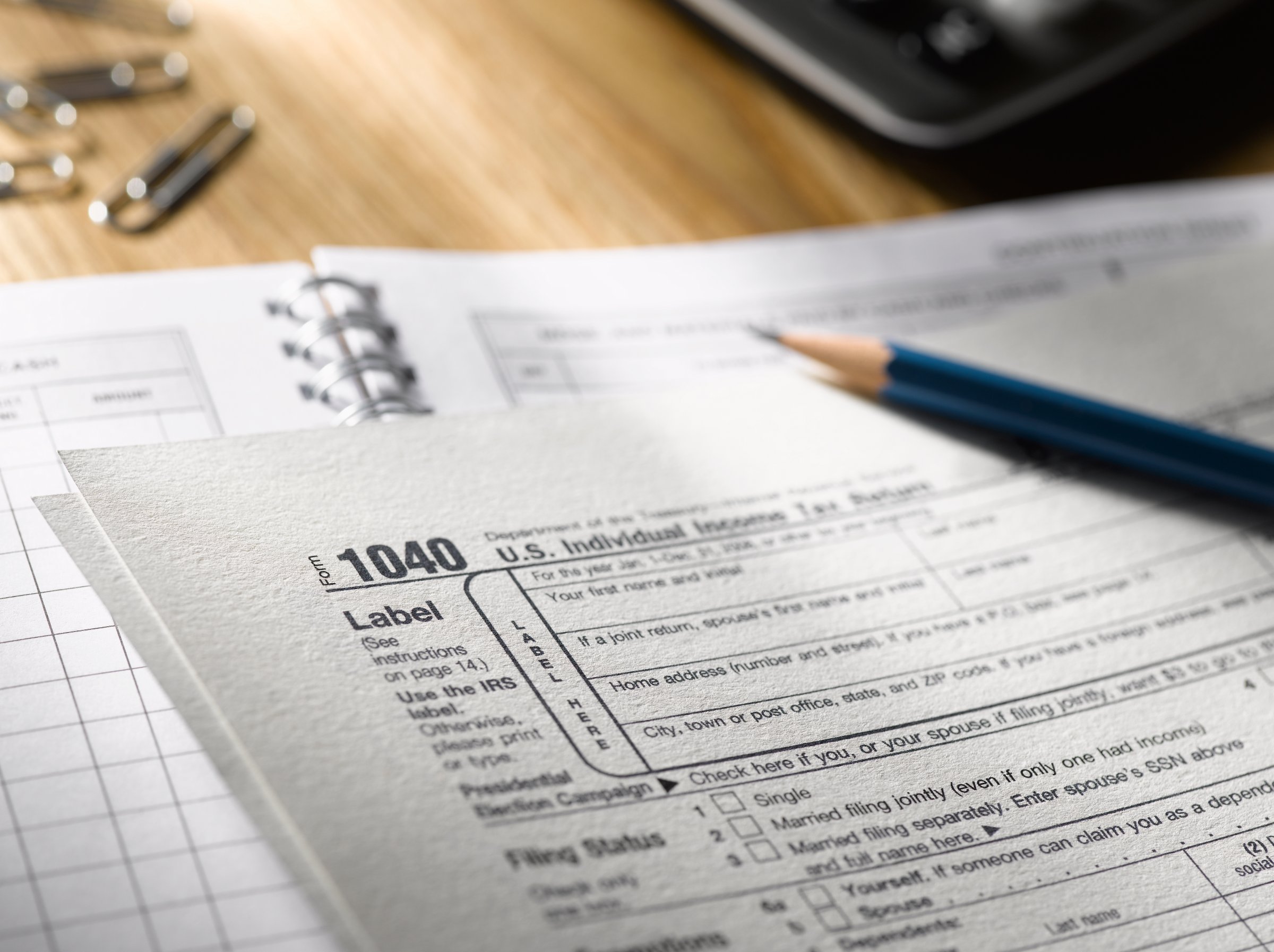
When you’re not earning much money—and therefore, you don’t have much income to be taxed—you’re more likely to think that the federal government takes in just the right amount of money in income taxes.
That’s one of the takeaways in a new Gallup poll. Slightly more than half of Americans (51%) earning $75,000 or more annually say that federal income taxes they pay are unfair. Folks in the $30K to $74,999 income bracket, on the other hand, are far more likely to be cool with the taxes they fork over, with only 37% saying the amount is unfair. Of those earning under $30K, fewer still (33%) say that federal income taxes are unfair.
Likewise, earners in the $75K+ bracket are more likely to think that the taxes they pay are too high: More than 6 in 10 say so, compared to less than half of Americans earning less than $75,000.
In other words, when you’re earning more—and you’re at least theoretically paying more in taxes on those earnings—you’re more apt to think the government takes too much. On the flip side, when your income is meager and the federal income tax you owe is similarly meager or perhaps nonexistent, there’s a greater tendency to feel that the system is fine and dandy.
For high- and low-earners alike, we’ve got very convenient, self-serving points of view all around.
One’s personal financial situation also seems to color opinions on how to address rising income inequality in the country. In a Pew Research Center study released earlier this year, among other things participants were asked what would do more to reduce poverty— “Lower taxes on wealthy people to encourage more investment and economic growth” or “Raising taxes on the wealthy and corporations to expand programs for the poor.”
Guess who thought it was a better idea to lower taxes on the wealthy? Yep, the wealthy! (Or at least the more well-off because many in the higher-income bracket don’t feel especially wealthy.) While 35% of people overall favored that idea to reduce poverty, 44% of those earning $75,000 or more annually thought lowering taxes on the rich would do more to help poor people. Similarly, the majority of people with incomes of less than $75K held the strong conviction that the better way to reduce poverty is to up the taxes on people who are making more money than them. Roughly 56% of folks making under $75K say that it’s wiser to tax the wealthy, compared to 46% of those over the $75K mark.
Again, conveniently enough, one’s personal situation seems to play a big role in dictating what tax policies we feel are effective, proper, and just. The cynical take would be that we’ll stand by whichever policy winds up putting more money in our own pocket, or taking less out. And that we’re more likely to think taxes are fair when we aren’t paying nearly as much as others.
For the sake of comparison, an H&R Block survey asked teenagers what they thought of a wide range of personal finance issues, including taxes. Only 38% of teens said that income taxes are too high. Then again, in recent years, more than three-quarters of teenagers haven’t held jobs. Oh, and only 3% of the teens surveyed had ever filled out a tax form.
More Must-Reads From TIME
- The 100 Most Influential People of 2024
- Coco Gauff Is Playing for Herself Now
- Scenes From Pro-Palestinian Encampments Across U.S. Universities
- 6 Compliments That Land Every Time
- If You're Dating Right Now , You're Brave: Column
- The AI That Could Heal a Divided Internet
- Fallout Is a Brilliant Model for the Future of Video Game Adaptations
- Want Weekly Recs on What to Watch, Read, and More? Sign Up for Worth Your Time
Contact us at letters@time.com